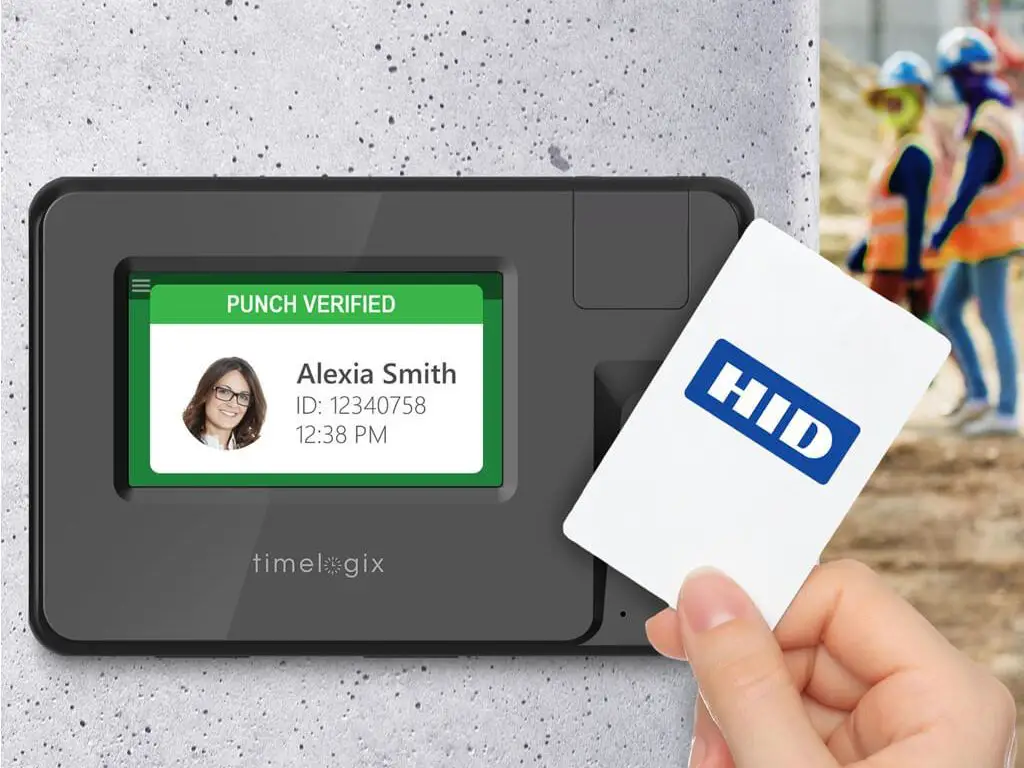This post contains affiliate links.
The Fair Labor Standards Act (FLSA) requires employers to keep certain records for each covered, nonexempt worker – including accurate information about their hours worked and wages earned. Even though many companies require employees to track their own hours with timesheets or through an automated system, the FLSA mandates that employers are responsible for the accuracy of the records.
Under the Fair Labor Standards Act (FLSA), employers (not employees) are responsible for keeping timecard records. Your supervisor can correct errors on your timecard to ensure it accurately reflects your hours worked and also to apply sick time or paid time off. However, all hours worked must be included on your timecard – employers are not allowed to alter timecards to avoid hours worked or overtime pay.
Since employers are responsible for keeping accurate records for their employees they are allowed to make corrections to timecards in certain circumstances. Even the best of employers have opportunities to make mistakes, and less scrupulous employers will try to take advantage of employees when they think they can reduce costs. Here at Expert Employee we believe that informed employees are the best employees so we researched the FLSA and interviewed employment lawyers to provide clear practical information that you can use.

Acceptable Reasons To Modify a Timecard
Because the FLSA holds employers responsible for maintaining accurate time records for their employees, managers and supervisors are permitted to modify timecards to ensure employees are paid correctly. To remain in compliance with the FLSA all timecard revisions need to be documented and the revision must be an accurate record of the actual time that was worked.
Here are some common examples of valid reasons for when employers need to make corrections to employee timesheets:
- An employee forgets to clock in or clock out for their shift or break
- Employee badges in twice and the timekeeping system records a double punch
- An employee called in sick or the employee took paid vacation time
Unacceptable Reasons To Modify a Timecard
Employers consistently look for ways to reduce costs and despite the straightforward requirements, wage and hour lawsuits are one of the most common lawsuits in the United States, with the most common complaints being unpaid wages, unpaid overtime, and off-the-clock work. Rulings increasing by 5% in 2020 compared to 2019 and there were more than 16,400 cases brought by the US Department of Labor.
Even when the employee correctly logs their time employers will sometimes incorrectly modify timecards to exclude time that was worked by the employee. and violate the FLSA. Here are common examples that violate the FLSA:
- Removing time worked for pre-shift and post-shift work such as opening and closing tasks, meetings, or mandatory training
- Erasing overtime hours worked because they violate the company “no-overtime” policy
- Applying lunch or break time when employees were still performing job duties
- Docking hours worked as punishment or part of a disciplinary action
- Removing time worked because an employee volunteered to stay late and help
Some activities may count as compensable time in certain circumstances, such as time spent donning and doffing required uniforms or safety gear at work or time spent in post-shift security screening.
The US Department of Labor provides general information concerning what constitutes compensable time under the FLSA in this fact sheet. Employers are required to pay a worker whose work is “suffered” – meaning their work wasn’t requested but the employer still allowed the work to happen. The protections of the FLSA are not voluntary and can not be waived by employees. Even when employees volunteer to work off the clock and submit their signed timesheets the employer has the obligation to pay them for their time worked and the employee is entitled to recover back wages in the event of a claim.
Can My Manager Change My Timesheet Without My Knowledge?
Every covered employer must keep certain records for each non-exempt worker, including the hours worked each day and the wages earned. Employers may use any timekeeping method they choose as long as it is complete and accurate. The FLSA regulations do not require employers to get permission or even notify employees of changes to their timecard, although employment law firms recommend timecard changes should be communicated to employees as a best practice.

What To Do If You Think Your Timecard Has Been Manipulated
The first step to follow when you think your timecard has been adjusted in a way that incorrectly reflects your time spent working is to raise an internal complaint. For a single instance you should simply address it with your supervisor to make the correction. If your supervisor doesn’t resolve the issue, or for repeated cases that show a pattern, you should bring the issue to the attention of the company’s Human Resources department by sending an email – be sure to forward the email to your personal account or print it after sending so you can retain a record.
Human Resources exists to ensure the company follows employment law and to protect the company from fines or lawsuits. Human Resources is far more likely to remedy the issue than someone in your management chain because they have a deeper understanding of the risk exposure to the company if the issues are not resolved. In your complaint, provide the details of exactly what you observed on your timecard and the facts of the true situation. Include language stating that you “believe the situation may not be in compliance with relevant wage and hour rules” to give yourself legal protection against possible retaliation.
If your wage claim is simple and relatively small, you choose to pursue an administrative claim on your own by filing a complaint with the department of labor for your state (labor office information for all 50 states). In most cases, when the internal complaint fails to resolve your issue the next course of action is to contact a lawyer that specializes in plaintiff’s side employment law. Most law firms will provide a free consultation to learn the facts surrounding timecard issues. You can explore your options in more depth before making a decision and use their advice to shape the plan for an eventual course of action.
